Undergraduate Major Programs

Fashion Industry's Science and Technology
Modern fashion trends emerge simultaneously and spontaneously across the globe, powered by technology. Build your skill sets in strategic thinking while utilizing science and technology in design and business, art innovation, sustainability research, quantitative thinking, data analysis, and economic management for careers in which fashion meets global business.

Food Studies
Gain knowledge to address pressing social and environmental problems in local and global food systems. An interdisciplinary approach that examines how food is connected to culture, society, policy, and the environment prepares students for careers any number of food-related fields, including education, public policy, entrepreneurship, and community development.
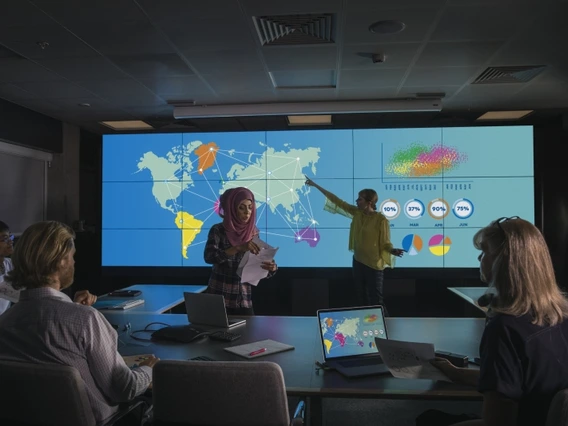
Geography
This interdisciplinary degree combines physical and social sciences; you may focus on specific world landscapes and cultures or on areas such as urban, political, economic or cultural geography, or on human-environment relations. Learn to analyze data and policy in order to address and research critical questions about the world you live in.
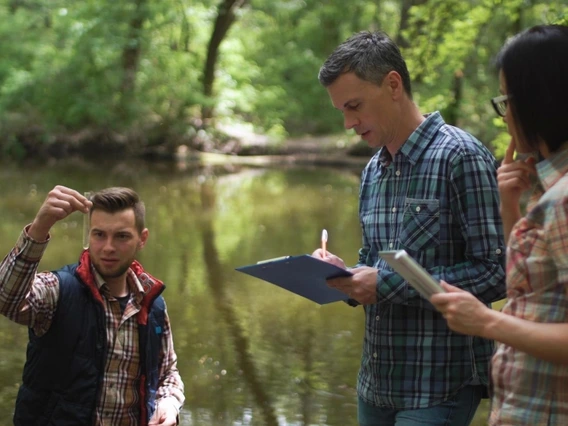
Geography
Water, Environment and Society Emphasis
Explore water supply and demand—a critical issue globally and in the Western U.S.—at a the world's No. 1 program in water resources. Courses examine key challenges and train you in the methods to address them, including remote sensing, geographic information science, and field methods, complemented by internships and research opportunities at renowned facilities and organizations.
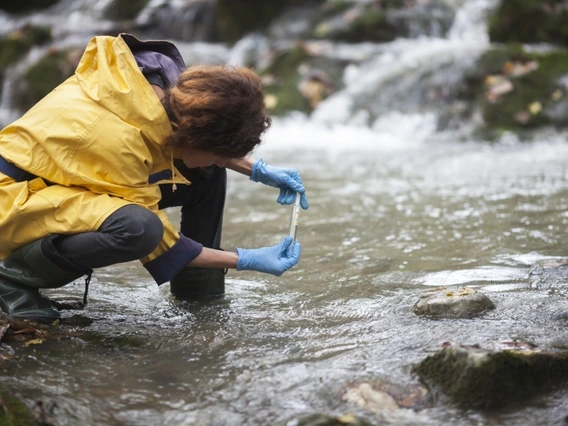
Geosciences
Earth, Ocean, and Climate Emphasis
Develop an understanding of Earth's climate—past, present, and future—and the important connections between the solid Earth, oceans, and atmosphere, and how they influence modern climate dynamics. Graduates pursue careers in environmental geology and scientific research in fields such as oceanography, climate science, surficial processes, paleoclimate, paleoecology and more.
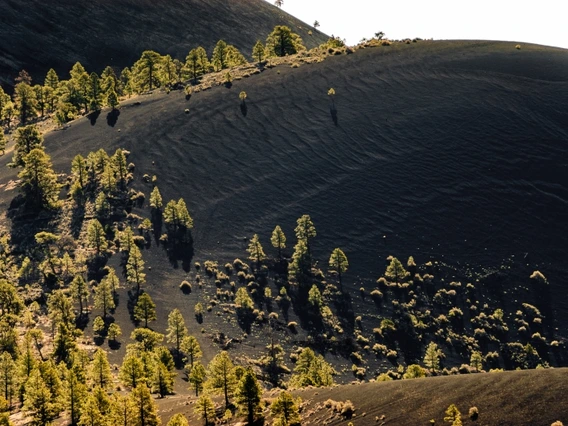
Geosciences
Geophysics Emphasis
Learn fundamental concepts in geosciences including the basic structure of the Earth, major events in the evolution of life on Earth, plate tectonics, formation and importance of Earth materials and natural resources, processes that shape and change our planet, and linkages between humans and our physical environment.
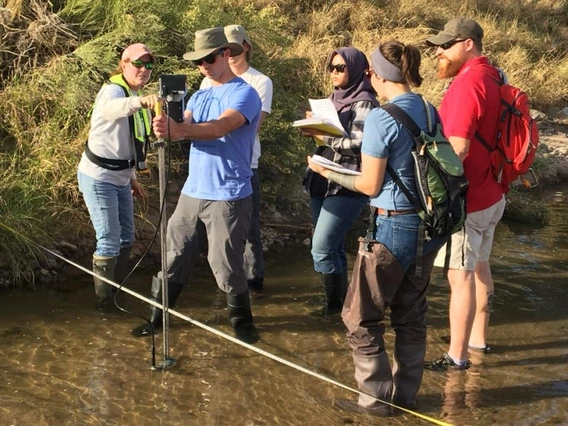
Hydrology and Atmospheric Sciences
Environmental Hydrology and Water Resources Emphasis
Learn about the interplay between water, nature and humans, quality and quantity of various water supplies, how water flow affects the environment, drought, flooding, pollution, precipitation, and more while preparing for a career that helps communities and conserves the environment.
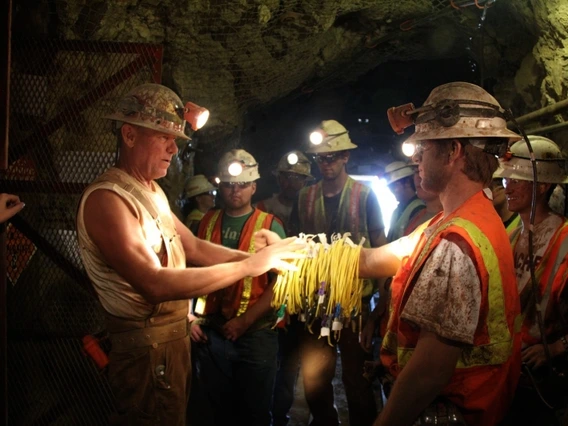
Mining Engineering
Geomechanics Track
Immerse yourself in a specific area of study, including mine operations, geomechanics, sustainable resources and mineral processing; gain work experience in the student-run San Xavier Underground Mine, network with industry leaders, and explore paid internships and sponsored capstone projects working with mining and energy companies and equipment firms.
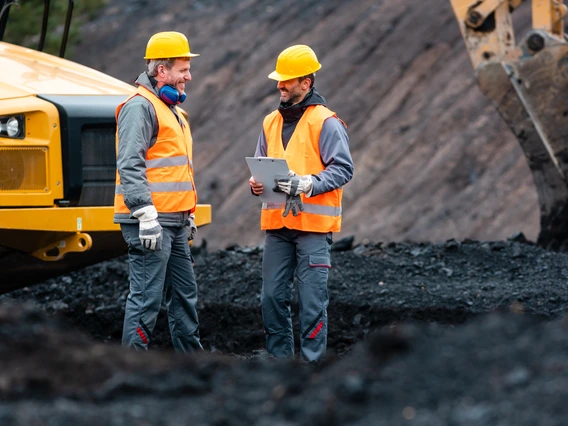
Mining Engineering
Mine Operations Track
Focus on mine design and planning, equipment operations, big data analysis, mine valuation, and mine finance. Prepare for a career as an engineers who optimizes short- and long-term plans for mining, develops and tests autonomous mine equipment, supervises surface and underground mining operations, or designs production technology. A minor in mathematics or geology is encouraged.
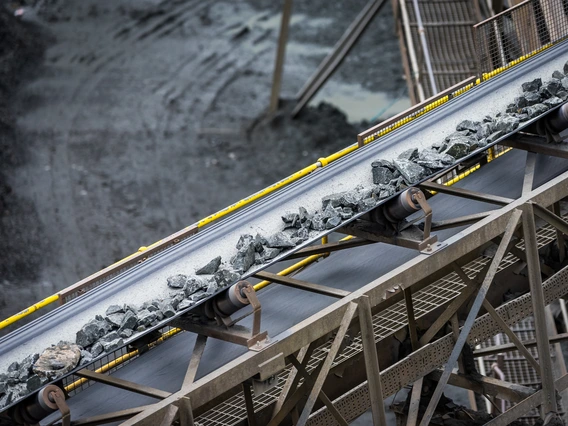
Mining Engineering
Mineral Processing Track
Prepare for a career as a process engineer or metallurgists, in valuable metal extraction, designing and operating new extraction technologies, and developing processing and metallurgical techniques for complex ores. A minor in chemistry, chemical engineering or materials science is encouraged.
Pagination
- First page
- …
- 1
- 2
- 3
- …
- Last page
Environmental Themes
Career Fields












